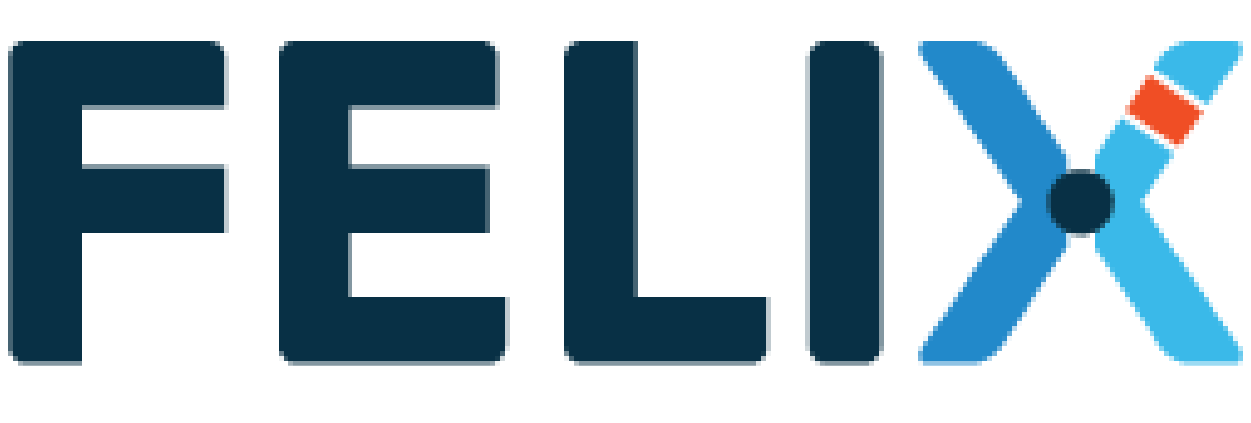Intelligence Value
The FELIX program aims to augment and improve current biodetection and biosurveillance capabilities by developing new computational and experimental tools for detection of engineered biological systems.
Summary
New biotechnologies have enabled the development of diverse biological systems, with potential benefits ranging from new vaccines to improved crops. Genome editing tools have made biological engineering more accessible, convenient, and economical. However, these tools could be misused -- accidentally or deliberately -- to adversely affect public health, the economy, and national security.
Current methods for detecting signs of biological engineering are typically costly, slow, and capable of detecting only a subset of all possible genetic modifications. The FELIX program is developing new computational and experimental tools and methods to improve and augment existing detection capabilities. Designed to work across a range of biological organisms that may be found in complex, multi-species environments, FELIX tools and methods can provide early alerts to the presence of engineered organisms and help expedite appropriate responses, thereby avoiding adverse consequences. The program’s achievements since its inception in June 2018 include:

